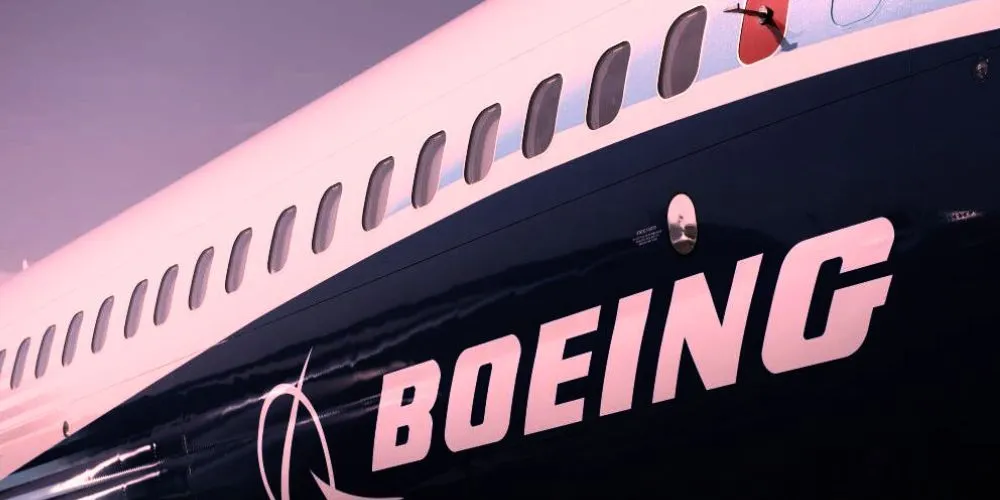Key Points
- The European Union is threatening to put tariffs on U.S. goods, including Boeing planes.
- The EU will only do this if President Trump insists on an unfair trade deal with a 10% baseline tariff on European goods.
- There’s a major July 9th deadline, after which Trump could impose tariffs as high as 50%.
- Countries from Canada to Japan are scrambling to get trade deals done before the deadline.
The European Union is playing hardball in its trade fight with President Donald Trump. On Wednesday, the EU’s industry chief warned that the bloc would impose its tariffs on American goods, including Boeing planes if the U.S. insists on a one-sided deal.
The threat arises as the clock ticks down to a July 9th deadline. After that date, Trump’s temporary “pause” on his most punishing tariffs will expire, and he could slap duties of up to 50% on European exports. With just two weeks to go, there’s a furious push from countries around the world to finalize a deal.
The EU now seems to be accepting that a 10% “reciprocal” tariff will be the starting point for any agreement, similar to the deal Trump recently made with the United Kingdom. But if the U.S. doesn’t offer a fair deal in return, the EU is ready to retaliate.
The trade pressure isn’t just on Europe. Canada is also threatening to hike its tariffs on U.S. steel and aluminum. This all follows Trump’s recent warning that he might impose new tariff rates on his own without any prior agreements.
Meanwhile, American consumers are about to feel the effects. Starting this week, Trump’s tariffs on items such as washing machines and refrigerators will take effect, which could result in higher prices at the store. Even the Federal Reserve is uncertain about the full impact, with Chair Jerome Powell stating last week that the central bank is still awaiting the effects of the tariffs on inflation.





